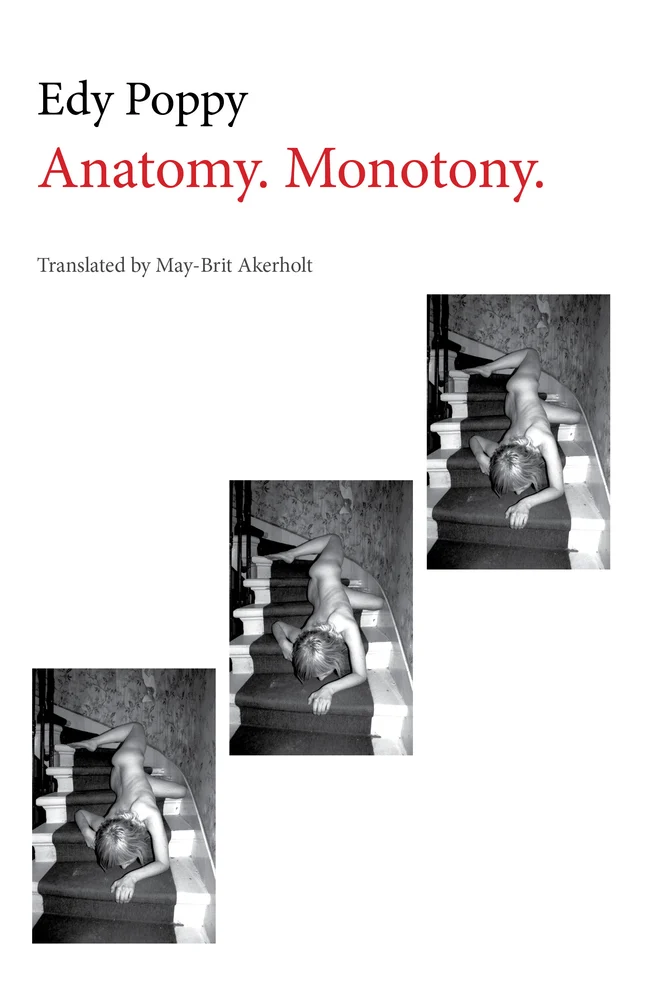 I Watched You Disappear by Anya Krugovoy Silver
I Watched You Disappear by Anya Krugovoy Silver
Recommended by Didi Jackson (Poetry Contributor, Issue 10):
I just finished reading Anya Krugovoy Silver’s collection I Watched You Disappear. Although many poets might write about personal tragedy, Silver tackles the difficulty of the inevitability of death and the irrevocability of living with cancer by weaving Biblical allusions, fairytales, visual art, family narratives, and the raw details of life with such a disease. In this collection, she considers a time when she “had decades / left of sex with somebody wanting [her] body.” In moments like this, she reminds us of the humanness of loss. Her lyrical strength hails in the poems dedicated to the women she had known who died of cancer. In “‘Aren’t we all so brave?’” Silver writes the following about these women:
Because those before us have scattered bravery
like pebbles through the horror, the funneling dark,
knowing we should not lose what makes us human.
Because the well-thumbed stones we eat in terror
turn to wafers in our mouths.
I hear in each poem, in each line, Silver’s compelling voice in which she is not afraid to leave her audience uncomfortable, to write about the ugly reality that so often walks arm in arm with that which is beautiful in life. I admire her strength, her generous and fearless language, her willingness to bring attention to the need for an honest dialogue about cancer, but most importantly, I admire the grandeur of her poetry.
 Charmed Particles by Chrissy Kolaya
Charmed Particles by Chrissy Kolaya
Recommended by Michelle Ross (Fiction Contributor, Issue 10):
Charmed Particles, published in late 2015 by Dzanc Books, is the story of a rural Midwestern town that becomes divided over the proposal to build a Superconducting Super Collider (SSC) beneath the resident’s homes, schools, and farms. It’s also the story of two families, the Mitals and the Winchesters, who are brought together by the friendship between their two daughters, Meena and Lily, but divided by the SSC proposal. The Mitals emigrated from India so that Abhijat could make a name for himself in theoretical physics, but Sarala finds herself sharing some of the same concerns regarding the SSC as their neighbors. While Randolph Winchester travels the globe as “the last great gentleman explorer,” Rose campaigns against the SSC in hopes of bolstering her career in local politics. This compassionate and intelligent novel strikes an idiosyncratic, earnest tone, which Peter Ho Davies compared to Wes Anderson’s films. I can think of no more apt a comparison. And while Kolaya examines the ways in which people’s differing values give rise to fear and anger that alienate them from one another, she doesn’t take sides, but instead brings deep humanity to all of her characters.
 High Dive by Jonathan Lee
High Dive by Jonathan Lee
Recommended by Jennifer Acker (Editor in Chief):
This astonishingly good novel by New York-based British writer Jonathan Lee was inspired by a real event, the 1984 IRA bombing of the Grand Hotel in Brighton, England, but it far exceeds breathing compassionate life into history. Though we see in action the main characters—Belfast-born bomber Dan, hotel deputy manager Moose, and Moose’s daughter Freya— for only months or short years, the trajectories of their whole lives are skillfully, absorbingly rendered. Lee’s sentences reveal a novelist finely tuned to his characters’ intricate psychologies and pulsing environments. There is exquisite ache on every page.
 Wide Sargasso Sea by Jean Rhys
Wide Sargasso Sea by Jean Rhys
Recommended by Aleksandra Burshteyn (Editorial Assistant):
Antoinette, Marionette, Bertha: would a rose by any other name smell as sweet? Sweeter, as it turns out, by some names than by others. Bertha Mason was the woman posterity knew until Jean Rhys wrote Wide Sargasso Sea and gave us Antoinette Mason. In a slim volume with the literary force of a hurricane, Rhys makes Antoinette into a person with a past, with subjectivity, with a consciousness of her own. Like Charlotte Brontë’s Jane Eyre, she is now allowed to tell her story: and what a tragic, passionate, compelling and un-put-down-able tale it is. The island setting is hauntingly beautiful; the narration is full of startlingly powerful pronouncements—“My father, visitors, horses, feeling safe in bed—all belonged to the past”; the characters, vibrantly vivid and simultaneously opaque, are unforgettable. Everything in this novel is close to the skin, humming beneath the sentences: it begs to be read again, and again, and again, so begin your journey now.
Keeping an Eye Open: Essays on Art by Julian Barnes
Recommended by Ben Shattuck (Nonfiction Contributor, Issue 10):
I dog-eared 83 of the 272 pages in this book of 17 essays. It was the closest thing I had to applauding Barnes. Alone in my painting studio, encountering certain passages, I folded, folded, folded, for nothing other than praise. “All Realism is essentially corrective,” he writes in Courbet: It’s Not Like That, It’s Like This. “Bonnard’s last completed painting was Almond Tree in Blossom,” he writes in Bonnard: Marthe, Marthe, Marthe, Marthe. “The tree was in his own garden… On the day of his funeral, 23rd January 1947, snow fell on the pinkish brightness of the almond, as it did on the yellow brightness of the mimosas. Quite obviously, Nature was bidding farewell not to a groveling servant but to a passionate lover. What, out of interest, did Nature do for Picasso when he died?” You see these (usually 19-century, usually French) paintings one way, and then, reading on, you see them another. His opening essay, Gericault: Catastrophe into Art, is my favorite essay of the year. I’d be a fool to discuss the beauty of the book’s sentences from the person who gave us Sense of an Ending. What a gift to the art world.



